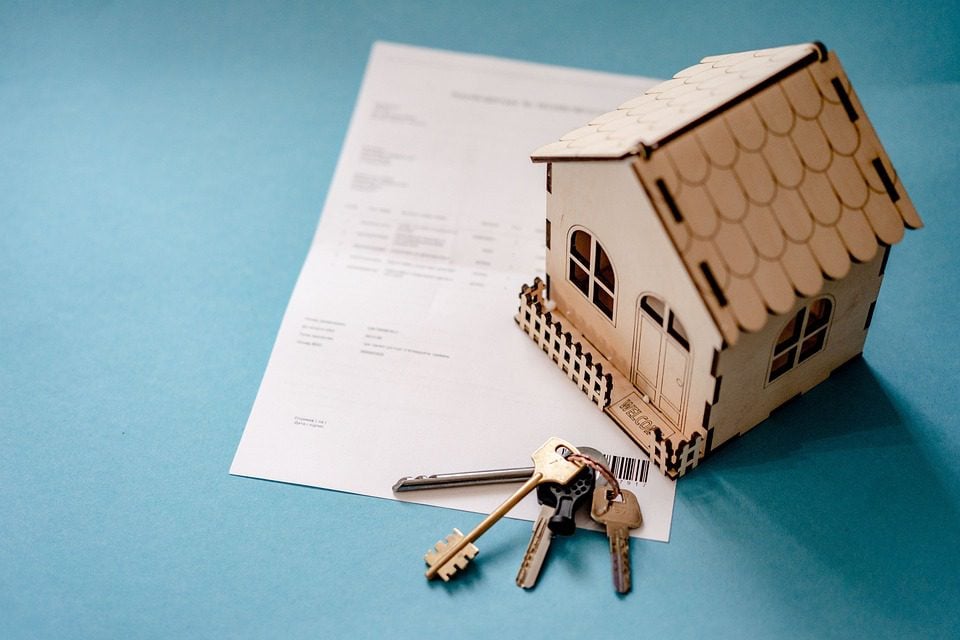Is it better to buy a property with or without a tenant?
It’s an age-old question in the property investment world. In this blog, let’s review the advantages and disadvantages of buying a tenanted property and discuss what really matters.
Advantages – The Cashflow
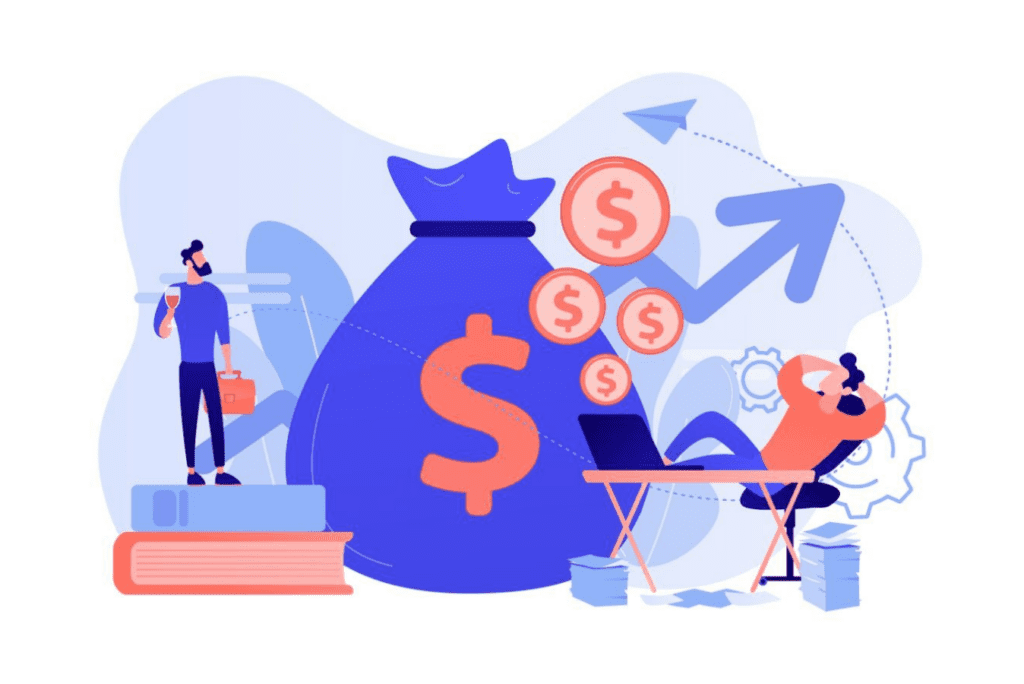
1. Immediate Rental Income
One of the most enticing aspects of investing in properties is the potential for immediate income. Imagine how nice it is that you can start earning returns on your investment from Day 1! The steady cashflow can remove a lot of mortgage repayment pressure on you and contribute to the financial health of your investment portfolio.
2. Savings on Rental Campaign
You won’t necessarily lose too much time to secure a tenant, even if purchasing a vacant property, as long as you start the rental campaign early and open for inspection right after settlement. You could receive multiple applications on the first inspection if the rental market is hot. However, by buying a tenanted property, you save money (professional photographing, PM’s letting fee, etc.), time and effort and enjoy peace of mind.
Disadvantages – The Uncertainty
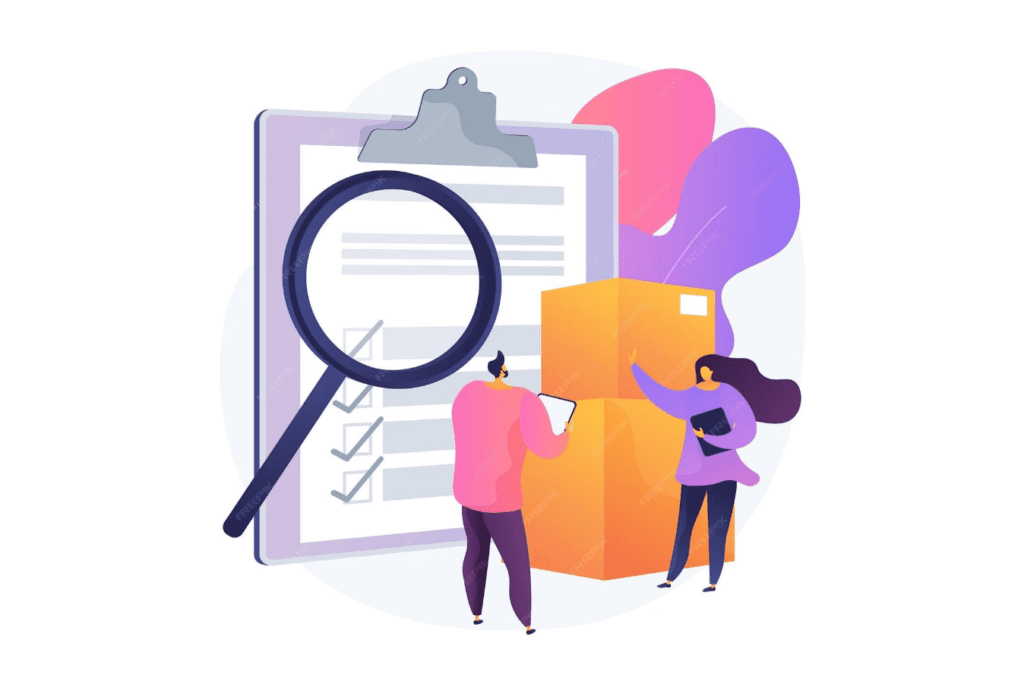
1. Limited Property Inspection
When buying a property with furniture and personal belongings all around, you and your building & pest inspector may not have the opportunity to thoroughly examine every nook and cranny of the property. This lack of access could potentially lead to unforeseen issues and repairs down the line. On the contrary, a vacant house is much easier to inspect, so unseen risks are minimised.
2. Property Condition Concerns
Depending on how well the existing tenant takes care of the property and how long they have lived there, the house may not be in the best condition – dirty walls, chipped surfaces, worn appliances, broken fittings, etc. While not structural issues, they can soon lead to potential maintenance or renovation. Therefore, consider these likely spending when calculating your acquisition cost.
3. Below-Market Rents
Sometimes, the existing tenants’ rents may not align with the current market rates. Properties are under-rented for various reasons. It could be because the existing tenant takes good care of the property, and the last owner made them stay by offering less or no rental rise; It could be because the property is in a worse condition compared to similar-sized properties in the neighbourhood, etc. Below-market rents can affect your cashflow, and what’s worse, you can’t do anything before the existing lease term ends.
4. Limited Tenant Selection
When you purchase a property with existing tenants, you inherit the current occupants not selected based on your preferences or criteria. It might be an issue if the existing tenants do not care for the property as much or if they have a less ideal record of rental payments.
With all the primary pros and cons of buying a tenanted property listed, Many real estate professionals may suggest you make an informed decision before buying by finding out who the tenants are, what the existing lease agreement is like, etc.
However, those might be the LEAST important things to do.
What Really Matters
With or without a tenant, it doesn’t matter as much as you think: The difference made by an existing tenant won’t last for more than a year, while you will be holding the property for 10, 20, 30 years or even longer. What you really need is to consider the purchase from a more holistic point of view.
Instead of asking yourself if you should buy a tenanted property, ask the questions below:
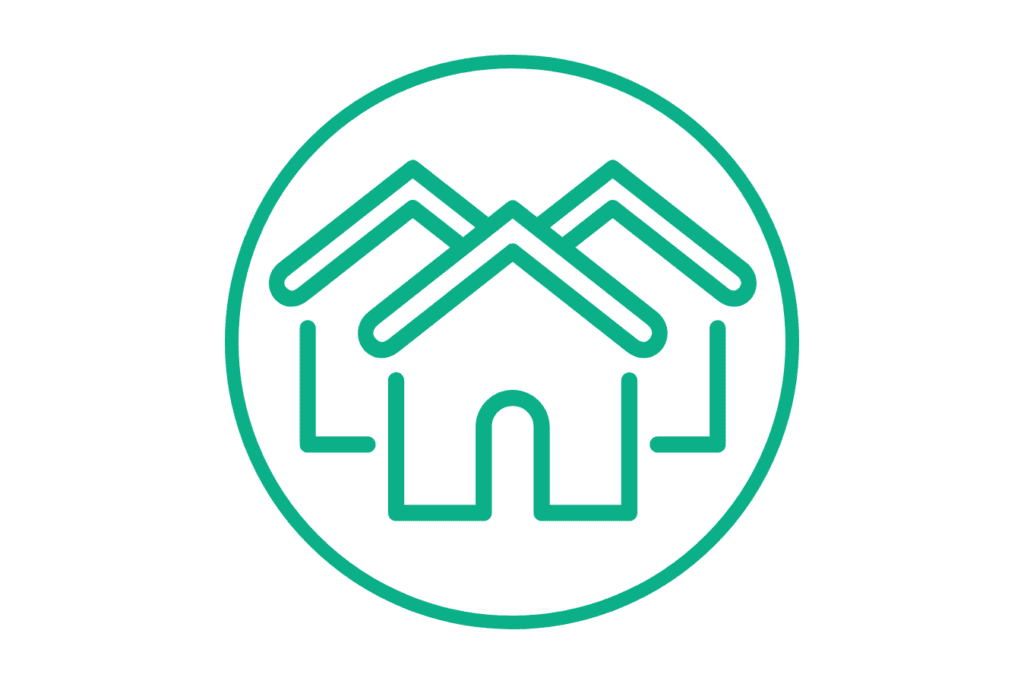
Is the purchase in line with my portfolio plan?
If you already have a few properties in your portfolio, will this purchase improve the portfolio’s diversity in terms of location, market cycle, or other aspects? If you’re starting to build your portfolio, does this property meet your budget, short-term growth target and rental yield requirement?
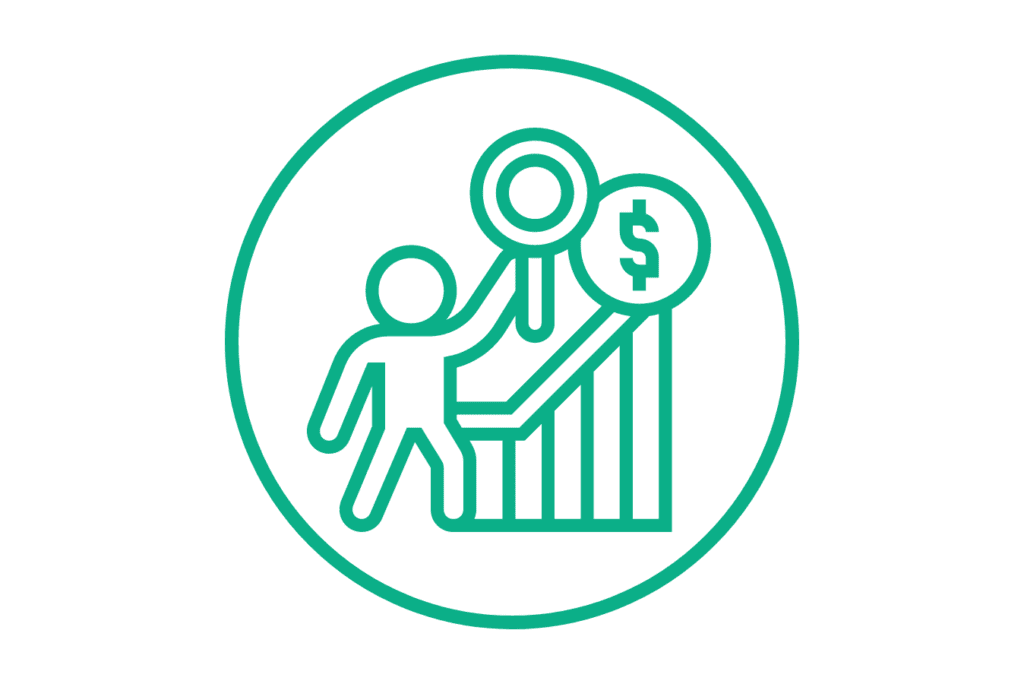
Is the local rental market pressure high?
Buying in a high-rental-pressure market, investors can enjoy shorter vacancy terms and faster rental growth. High rental pressure means high demand relative to low supply, and an easy way to tell is by checking vacancy rates: <2% is good, <1% is fantastic! If you’re buying a vacant property, the rental market pressure means you won’t waste much time before securing a tenant; If your property is currently rented at a below-market rate, the high rental market pressure makes it easier for you to raise the rent to match the market.
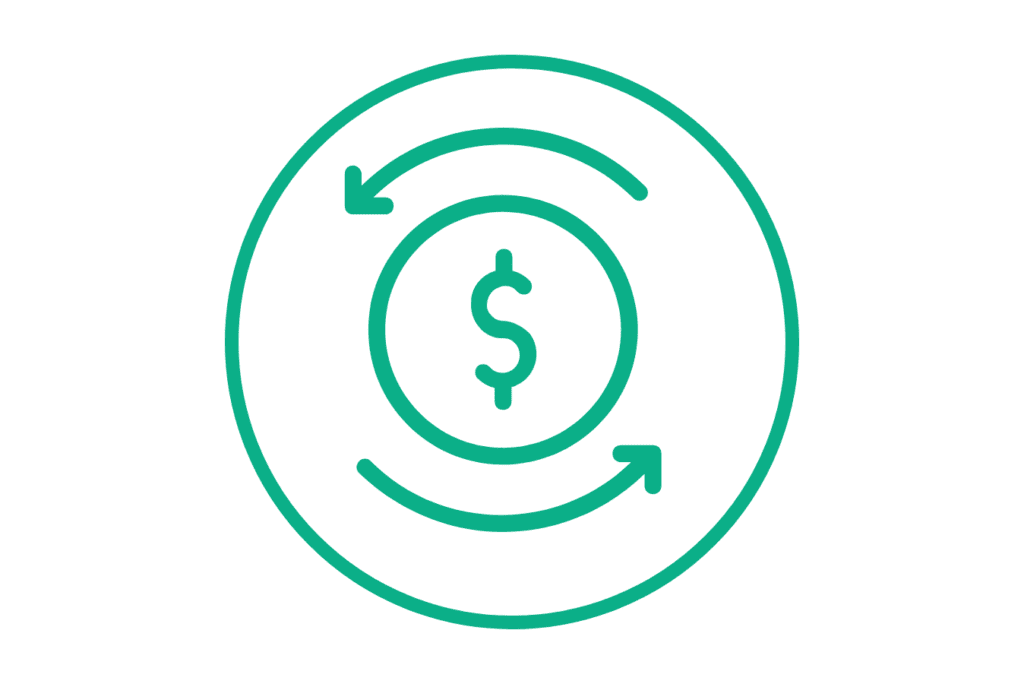
Does the rental yield of this area hit my cashflow target?
Cashflow is essential to most investors to maintain financial health. Compared to chasing immediate rental income or worrying about the existing below-market rent, it’s more important to examine your cashflow in the long term: A temporarily under-rented property in a healthy-yield area is more likely to generate better cashflow in the long run than a currently over-rented property in a low-yield area.
Besides considering the current yield level, don’t forget rental growth potential – A high-pressure market can improve your yield on purchase significantly with its fast rental growth (we discussed this in this blog: Why It’s Not All About Yields, check it out!).
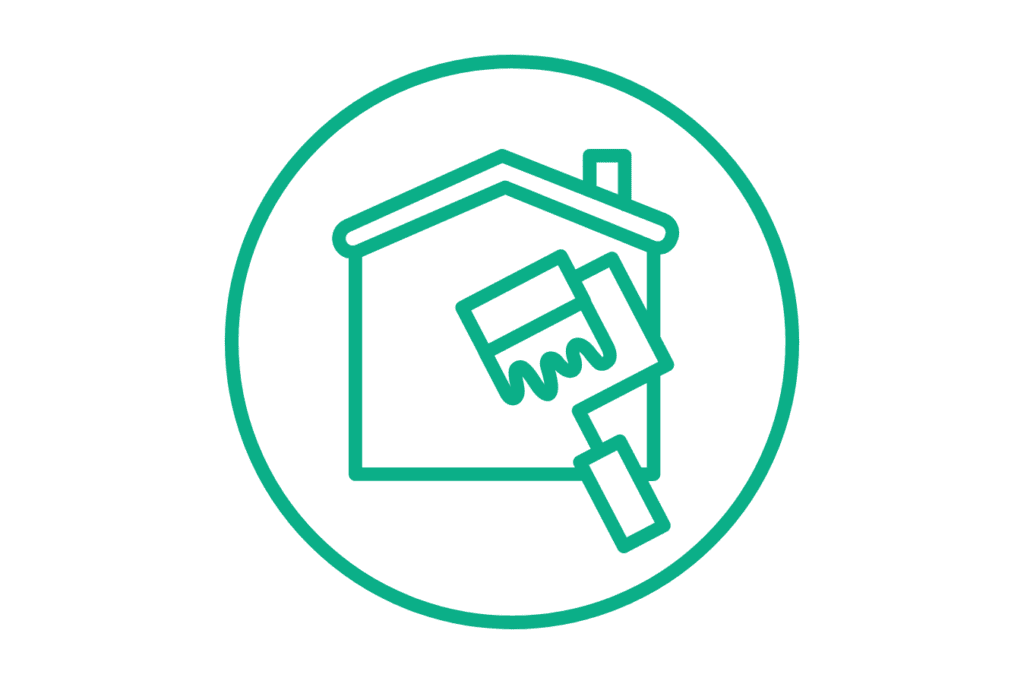
If the rent level is below market, what tactics can help me improve it efficiently?
Properties are under-rented for various reasons, as mentioned above, so that they can be fixed in multiple ways. However, one of the most efficient ways is through cosmetic renovation. Take my investment property as an example. I bought it with an existing tenant renting it for $390/w while the market price should have been $480-$500. To fix my rental income, I did a cosmetic renovation after the existing tenant’s lease was over (a few months after the settlement). The renovation was simple – new carpets and blinds, painting walls and doors, new dishwasher, adding aircon to every room, replacing worn fittings such as light switches, etc. with just over $22k. Then I was able to rent the property out for $520/w, which was even a bit higher than the market rate.
In a nutshell, being tenanted or vacant doesn’t make a purchase decision good or bad. A wise investor would consider the purchase from a holistic point of view: How does it fit in my portfolio? Will the property generate the cashflow I need in the long term? If the property is under-rented now, how can I improve that? Those are the questions that really matter.
At InvestorKit, we ensure every purchase aligns with the client’s portfolio plan, is easy to lease, and generates the cashflow the new owner desires. How do we do that? Find out by clicking here and booking in your 15-minute FREE, no-obligation discovery call!
.svg)
